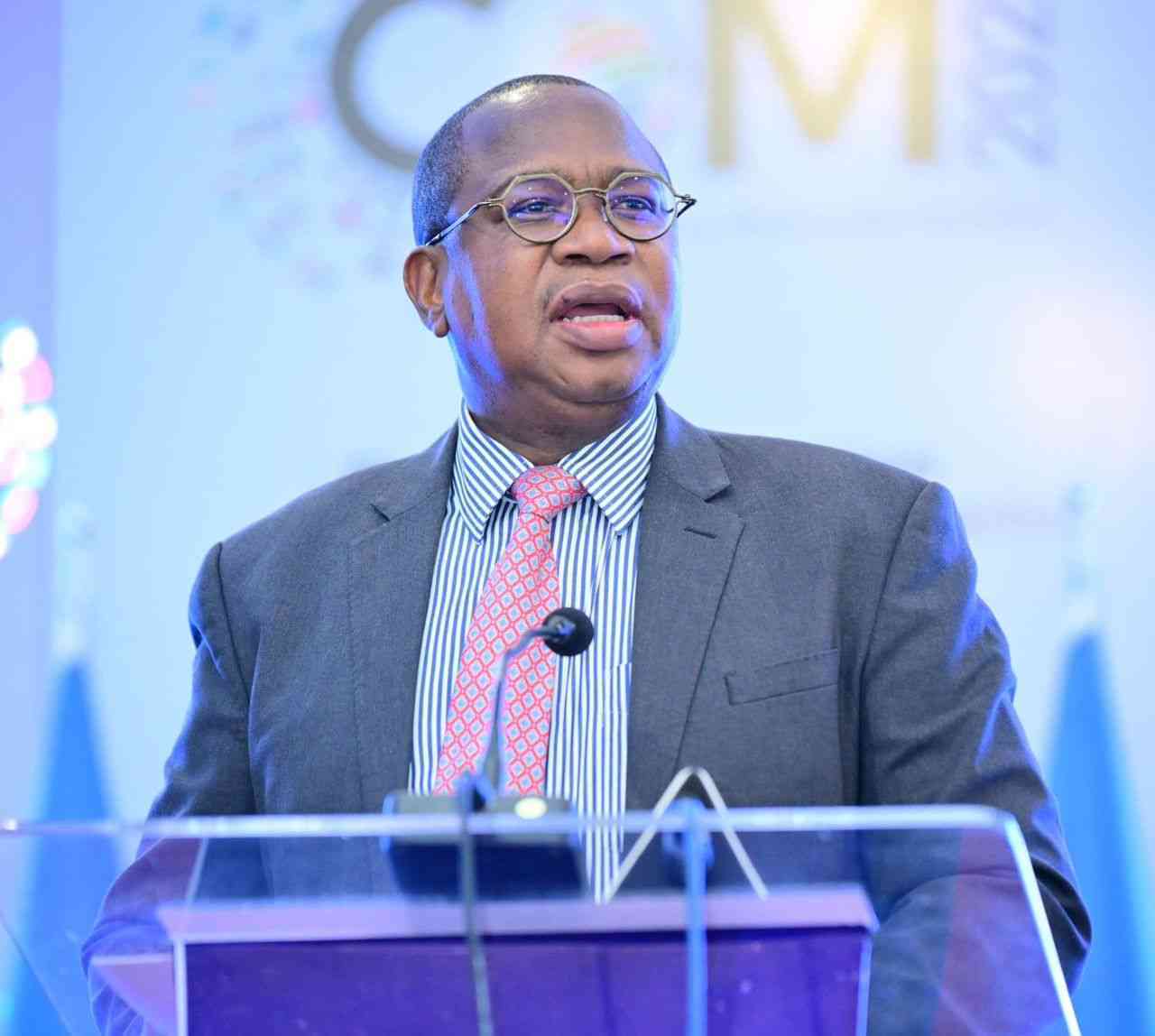
THE Ministry of Finance, Economic Development and Investment Promotion has committed to promoting domestic industrial growth and expanding locally-manufactured goods for the domestic and export markets.
The ministry made these remarks during the 2025 International Business Conference held last week at the Zimbabwe International Trade Fair.
The commitment comes at a time when the manufacturing sector is experiencing stagnation due to the high cost of production, obsolete technology, lack of funding/government support, high taxes (compliance costs), electricity issues, currency issues, export retention and competition from the informal sector.
“The government has expanded engagement with industry on measures to promote industrialisation and growth. The government is also investing in new electricity capacity generation to ensure adequate energy levels for industrialisation and beneficiation," Finance minister Mthuli Ncube said.
He said the government continued to support initiatives for the capitalisation of banks and strengthening financial sector resilience through the central bank.
“Government continues to support the mobilisation of medium to long-term funding to support retooling and working capital for the local industry through capacitation of the Industrial Development Corporation of Zimbabwe and support for lines of credit,” Ncube said.
“Over the past few years, several banks have secured lines of credit to support the productive sectors of the economy. These include CBZ, NMB and CABS, among others.”
The government has also supported the capitalisation of financial institutions whose mandate is to promote financial inclusion of the marginalised and the underbanked.
- Budget dampens workers’ hopes
- Govt issues $24 billion Covid-19 guarantees
- Letter to my People:They have no answers for Nero’s charisma
- ZMX to enhance farm profitability
Keep Reading
These include the Zimbabwe Women’s Microfinance Bank, Empower Bank for the youth, Small and Medium Enterprise Development Corporation for MSMEs, Women Development Fund, Community Development Fund and the AFC Land and Development Bank for rural smallholder farmers.
Ncube said this also included awarding women’s bank and youth bank preferred asset status.
“In the 2025 Budget, the government set aside resources to capitalise the new Industrial Development Fund. As much as ZiG100 million was provided for in the fiscal budget,” he said.
“The Industrial Development Fund will support value chains in pharmaceuticals, agro-processing, cotton and leather, among others.”
International partnerships are crucial for unlocking industrialisation.
Treasury is engaging and re-engaging with international partners to foster these relationships to attract foreign investment, facilitate technology transfer and create a competitive industrialised economy.
This is being done through Treasury-led investment conferences, de-risking investment opportunities, seeking development finance and promoting public-private partnerships.










